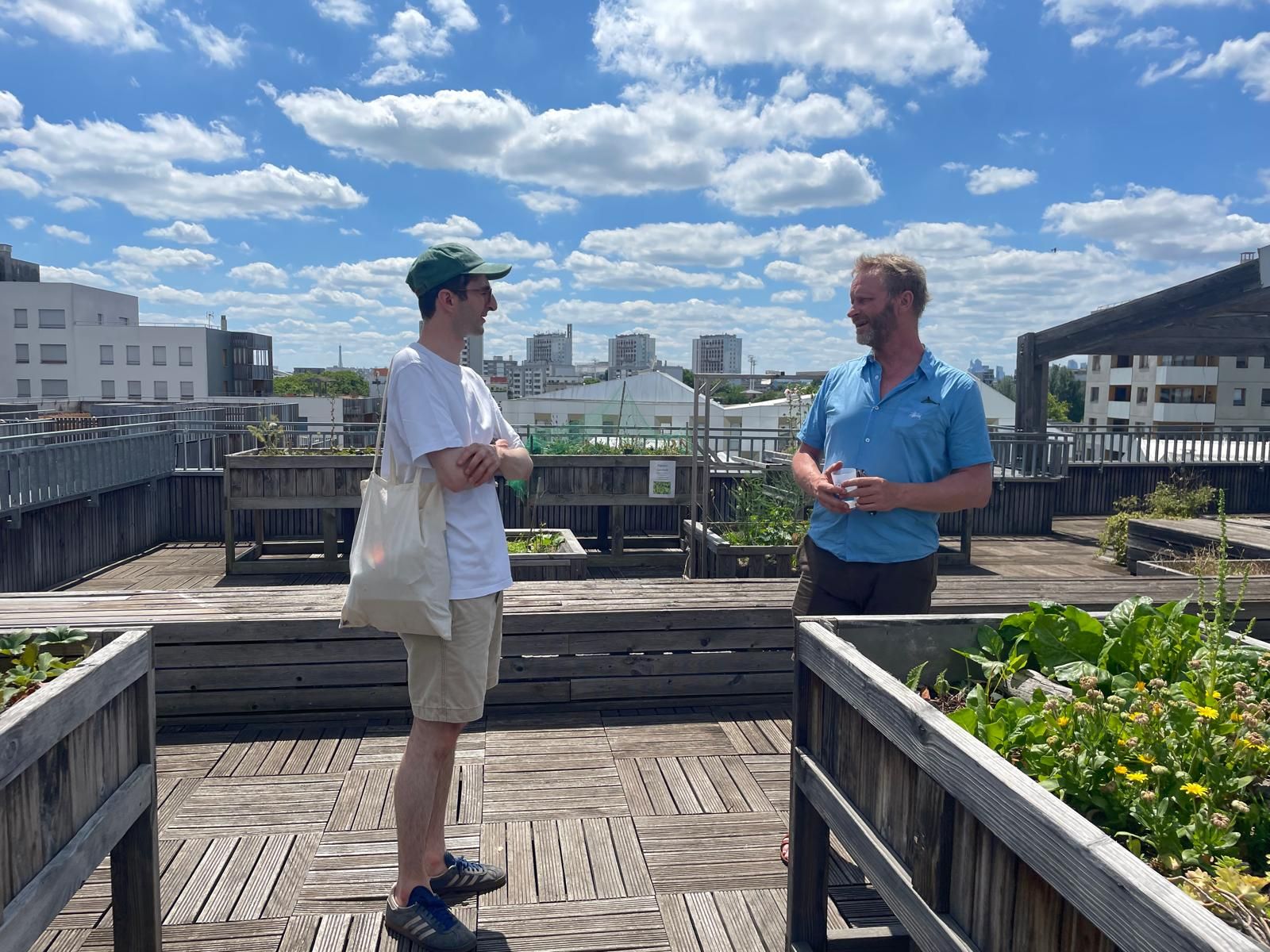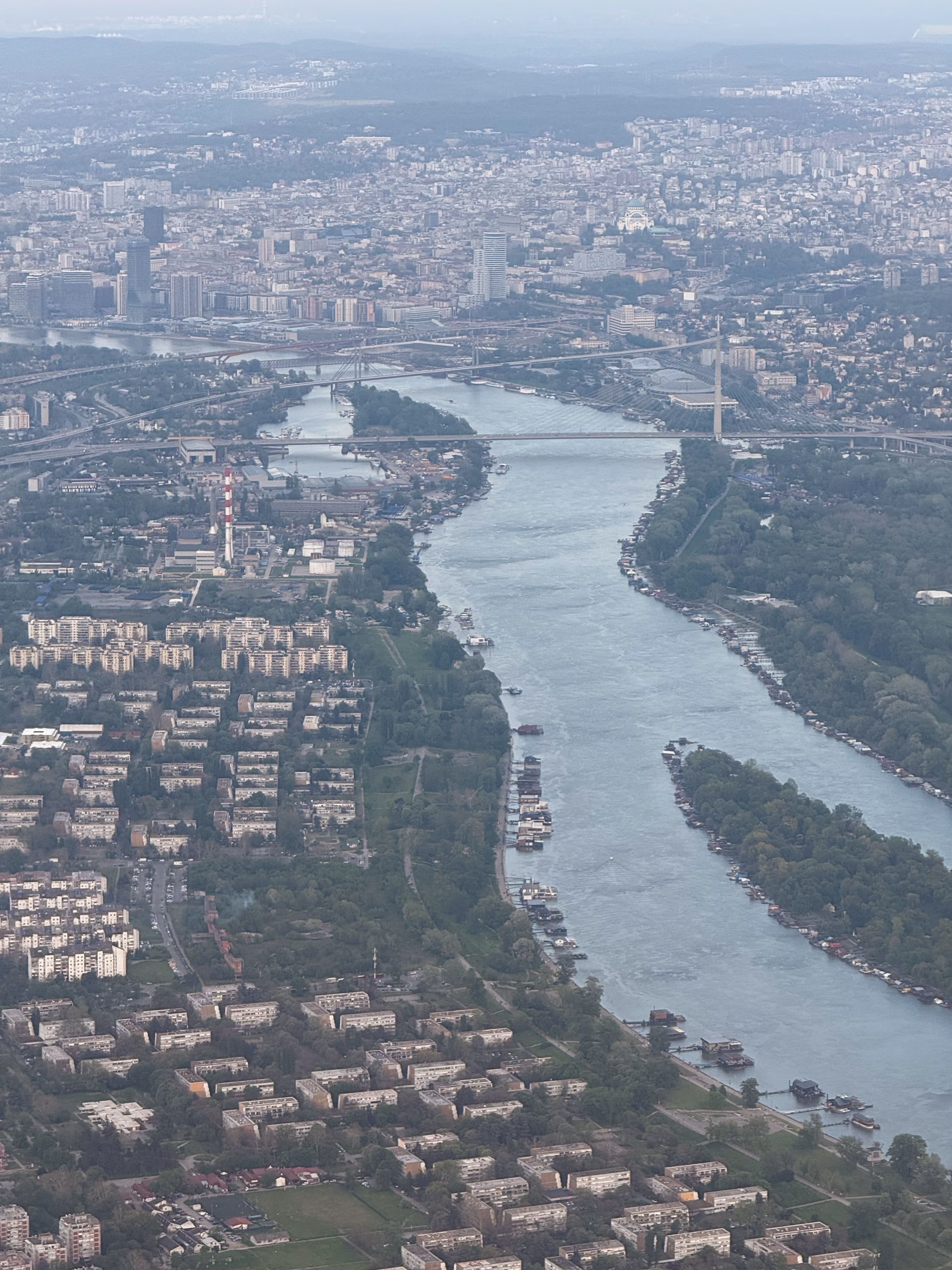
Beyond the prison walls: reflections from Belgrade and the FAIR project’s final chapter
Insight from our final meeting of our Erasmus+ FAIR Project, Favouring Autonomy, Innovation, and Reintegration in Belgrade.
From April 11th to 16th, 2025, we gathered in Belgrade, Serbia for the final meeting of our Erasmus+ FAIR Project, Favouring Autonomy, Innovation, and Reintegration. This initiative brought together four cities : Marseille, Naples, Madrid, and Belgrade, around a shared mission: to exchange ideas and practices for prisoner reintegration.
But what we encountered in Belgrade went far beyond the prison system. We stepped into a city alive with resistance, education, and reinvention : a place where justice is being reimagined both inside and outside institutional walls.
Learning expedition: inside the serbian prison system
Our first meeting, held on the morning of April 14th, marked the start of our learning expedition. The session was hosted by Jana Misovic and Natalija Gojac from the Observatory of Education, both professors at the Faculty of Psychology in Belgrade. They guided us through an in-depth presentation on the Serbian prison system, sharing not just statistics, but stories, dilemmas, and the deeply human side of incarceration.
We learned that Serbia’s prisons are managed by the Ministry of Justice, comprising closed, semi-open, and open institutions, along with a juvenile facility and a special prison hospital. Overcrowding is severe, especially in winter, and educational opportunities remain limited. Inmates often work jobs linked to prison maintenance or vocational labor and are paid 20% of the national minimum wage (approx. €124/month, based on Serbia’s 2025 minimum wage of €620).
One striking aspect discussed was the role of animal therapy. In Sremska Mitrovica prison, inmates care for stray dogs, forming bonds that foster empathy and purpose. Similar pilot programs involving horses are emerging, offering alternative forms of rehabilitation.
We also delved into gender-specific issues: women represent only 5% of the prison population, yet face intense stigma, isolation, and a lack of support especially if pregnant. Their children may stay with them until the age of two, after which custody is transferred to family or state care.
There are few, if any, post-sentence reintegration programs. Recidivism is high. Mental health support is minimal, with one psychologist for every 100 inmates. Many detainees suffer from trauma, addiction, and poverty and often arrive in prison without knowing what to expect, what to bring, or how to prepare.
Second meeting of the day: democracy in action with Nikola Koruga
Our second session shifted focus from prison walls to campus corridors. With Nikola Koruga, researcher and engaged participant in Belgrade’s current student movement, we explored a very different kind of reintegration one that connects individuals to collective power, direct democracy, and social transformation.
Since November 2024, Serbia has witnessed a resurgence of student-led activism. Sparked by a tragic event in Novi Sad, this decentralized movement has taken root across university campuses, turning faculties into spaces of solidarity, resistance, and radical imagination.
What sets this movement apart is its commitment to horizontal organization:
- One person, one vote
- Speaking time limited to 1 minute 30 seconds
- No leaders, no elections, no names : only rotating messengers
- o representatives : decisions are collective
- Open to all: students, professors, citizens
- Rooftops and hallways serve as working group spaces
- A MOOC and handbook are in development to document and share the metho
- They describe themselves as creative young people dedicated to self-organization and mutual care, with the goal of extending the same values to the wider community.
This isn’t just a protest : it’s a proposal. A living alternative to hierarchical systems, forged in the middle of crisis.
Six demands, one vision
The movement has articulated six core demands, developed through open assemblies:
1. Transparency: Public release of renovation records related to Novi Sad’s railway station.
2. Accountability: Prosecution of those responsible for violence against peaceful protesters.
3. Freedom: Immediate release of arrested students and activists.
4. Education Funding: A 20% increase in public investment in higher education.
5. Investigation: Formal inquiry into the alleged use of sonic weapons during the historic March 25 protest.
6. Regional Solidarity: Recognition of victims of the nightclub fire in Kocani (North Macedonia), and condemnation of political exploitation of the tragedy.
These demands are about far more than university life : they’re a call for truth, dignity, and democratic renewal.
History doesn’t repeat; it evolves
This isn’t Serbia’s first wave of student-led change. Jana from the Observatory of Education recalled the 2014 student protests, which gave birth to a community kitchen that still operates today, proof that resistance can evolve into lasting infrastructure.
Now, a new generation has taken up the mantle. With campuses blockaded, assemblies thriving, and educators standing alongside students, the movement is not just asking to be heard : it’s showing us how to listen differently.
Second day: The PrisonLIFE project with Milena Milićević
Following the rich discussions we had, we turned to another powerful lens of insight : research. We met with Milena Milićević, a researcher at the Institute of Criminological and Sociological Research, one of Serbia’s oldest institutions, founded 65 years ago. She presented the PrisonLIFE Project, a comprehensive, evidence-based study aimed at assessing and improving the quality of life in Serbian prisons.
Launched in 2022 and supported by the Science Fund of the Republic of Serbia, the project is a collaboration between Milena’s institute and the University of Belgrade’s Faculty of Special Education and Rehabilitation.
Aims and methodology
The project addresses the psychological, legal, sociological, and penological dimensions of prison life, with a special focus on the needs and voices of women in prison. A key part of the research was the adaptation of the Measuring the Quality of Prison Life (MQPL) tool, originally developed by Professor Alison Liebling at Cambridge University. The Serbian version was tailored through expert panels and focus groups, with the research team working closely and consistently inside prisons, responding to inmates’ questions in real time.
Remarkably, two-thirds of the prisoners surveyed had completed high school, offering a compelling snapshot of the prison population’s educational background, and potential for reintegration if support structures were in place.
Because the Institute is a public institution, cooperation with state-run prisons was more easily established. Trust was a key factor, and this institutional partnership created the conditions for meaningful collaboration.
Key findings
Based on data collected from 650 inmates across five correctional facilities, including the Požarevac women’s prison, the study revealed:
- Strengths: Inmates expressed appreciation for living conditions, the ability to stay in contact with family, and some opportunities for personal growth.
- Concerns: Issues were raised regarding staff professionalism, bureaucratic inconsistency, and emotional support.
- Social Connection: One major theme across responses was the critical role of social relationships — both between inmates and with staff. Preserving these connections was viewed as essential to psychological well-being.
After the research phase, a full presentation was shared with the prisons involved, as a gesture of accountability and respect — giving something back to the community that contributed so deeply to the study.
One powerful reflection that emerged: prison life mirrors pandemic life in many ways. Isolation, loss of autonomy, and restricted movement create a psychological state not unlike that experienced during COVID lockdowns. The study highlighted that, at its core, the experience of imprisonment is deeply shaped by one thing: our relationships with others.
From reintegration to reimagination
Our time in Belgrade showed us that reintegration must extend beyond release : it must transform the conditions people return to. Whether it’s within prisons or on university campuses, the call is the same: build systems rooted in care, access, and collective agency.
From the grounded insights of PrisonLIFE to the rooftop assemblies of student protestors, Belgrade left us not just with lessons, but with visions for the future. As we close the FAIR Project, we carry a shared belief:
Justice is not only about what we do after harm : it’s about how we shape the world to prevent it.
And that work is just beginning.
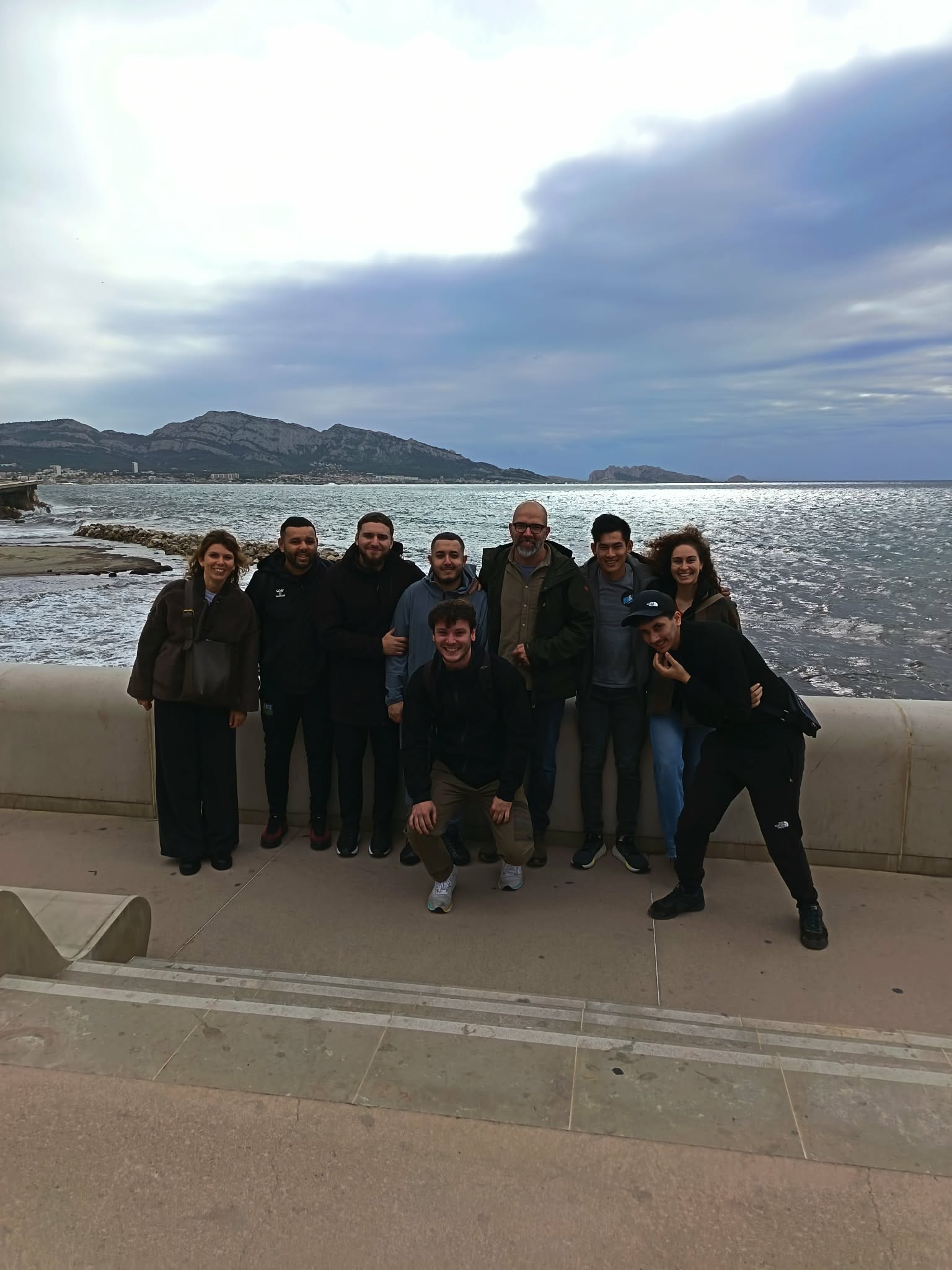


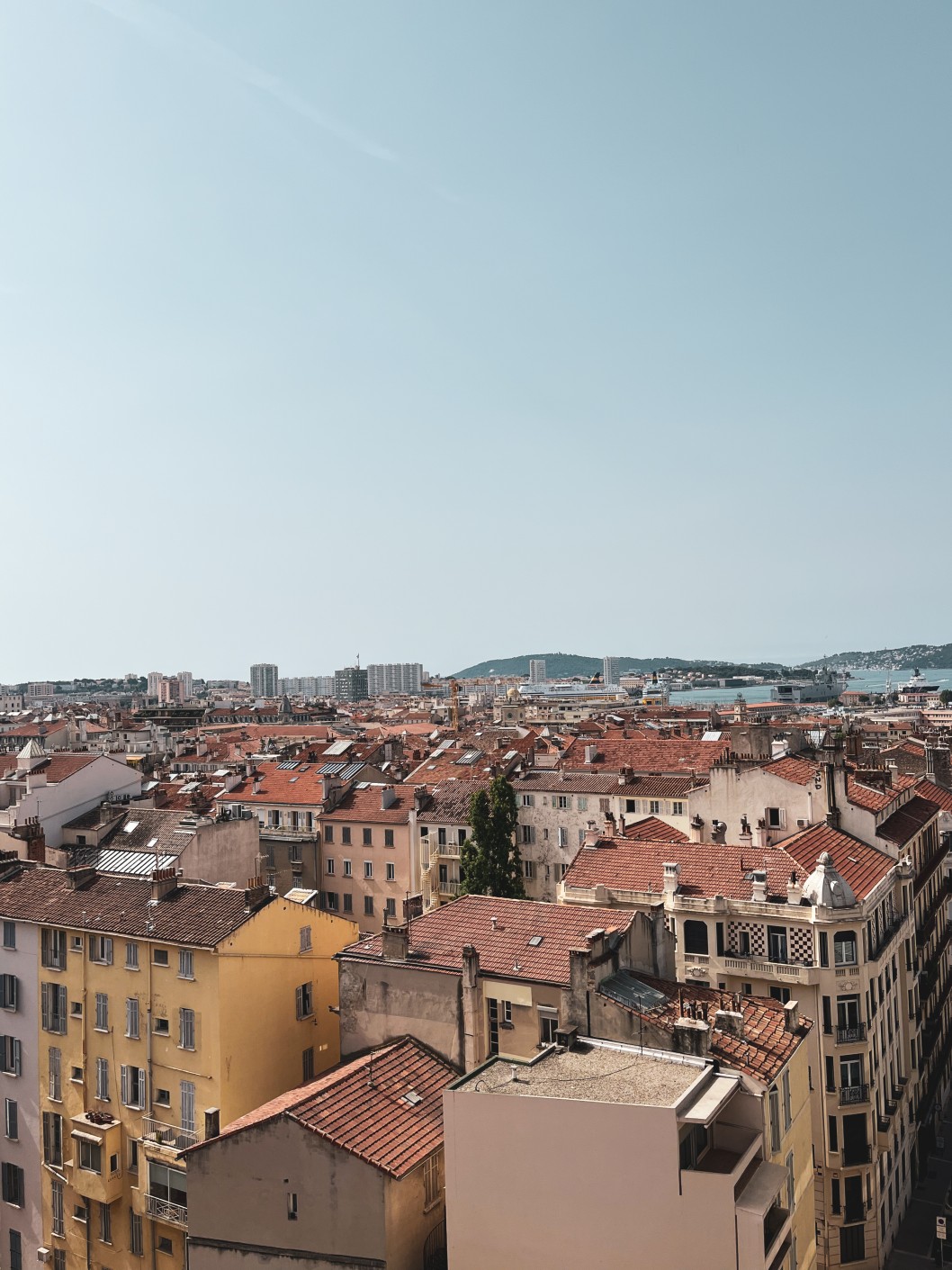
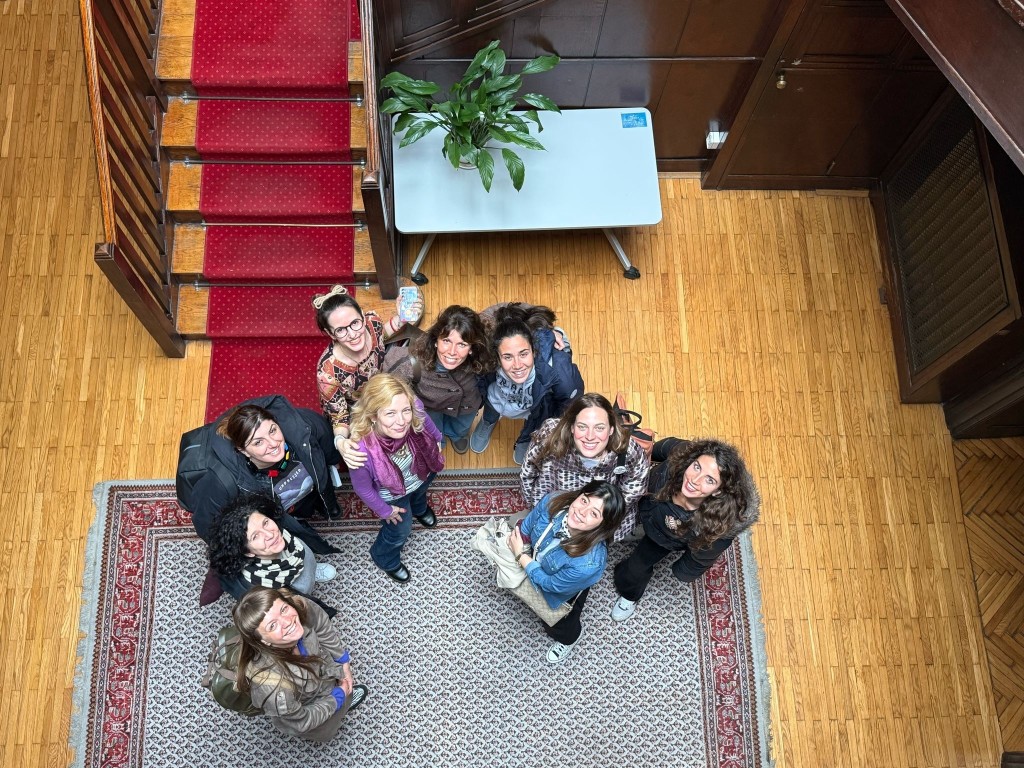
.jpg)



.jpg)
